Netflix Sci-Fi Comedy Sued For Allegedly Copying Novel
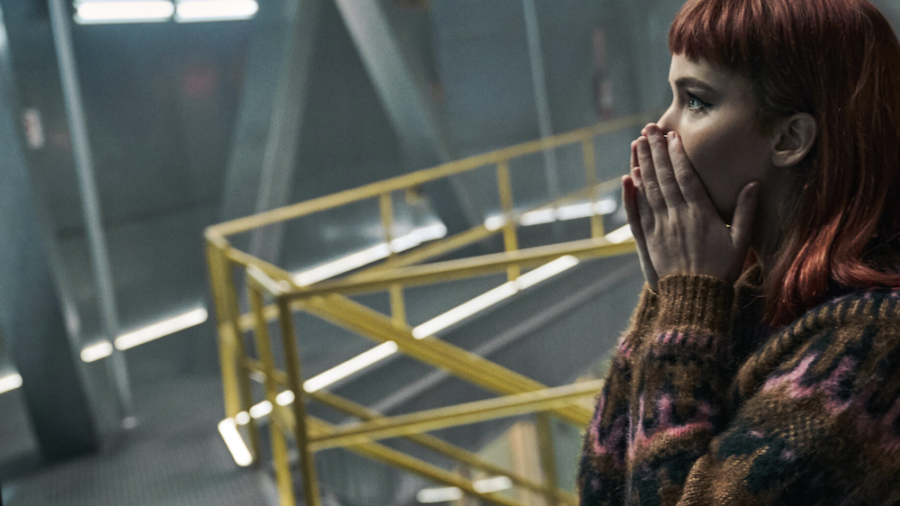
Author William Collier is suing Netflix, Adam McKay, and McKay’s production company, Hyperobject Industries, for copyright infringement, according to The Hollywood Reporter.
Don’t Look Up
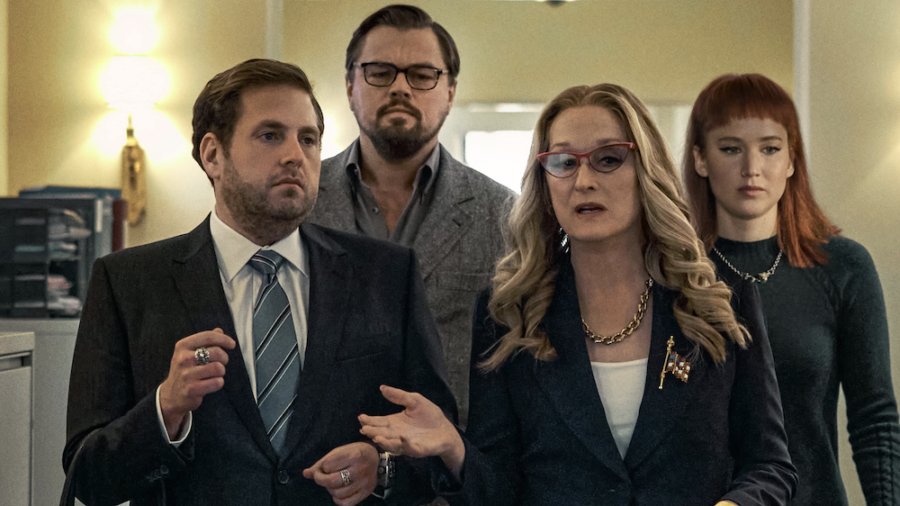
Collier’s 22-page complaint, which was filed on December 6, 2023, is seeking a $5 million payment and claims that McKay ripped off his self-published novel, Stanley’s Comet.
The complaint alleges that the wildly popular Netflix film Don’t Look Up borrows heavily from his novel.
To add insult to injury, Collier and his council assert that his novel was passed along to McKay in 2007, years before the Netflix film materialized.
Access To The Original Novel?
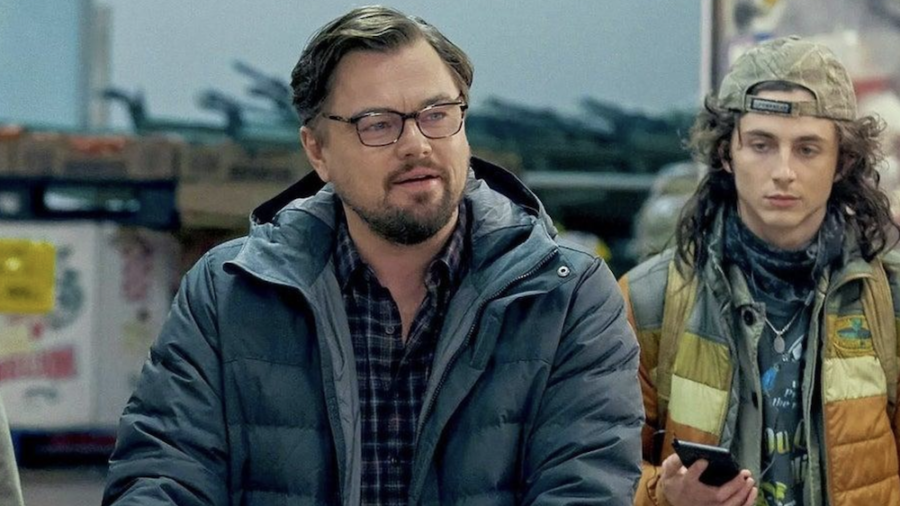
In Hollywood, it’s not uncommon for intellectual properties to be similar to one another, and this can be attributed to parallel thought and cultural zeitgeist.
In other words, people tend to think and talk about similar subjects during a given moment in time, and as a result, similar intellectual properties are created based on these conversations.
In the case of Netflix’s Don’t Look Up, however, we’re not talking about parallel thought, but the fact that McKay probably had access to Collier’s novel.
Directly Taken From The Book?

The lawsuit suggests that Collier’s daughter, Adrienne Metz, passed the novel along to Jimmy Miller, who worked with McKay years before he started working on the Don’t Look Up with Netflix.
Miller has even worked on projects with McKay (Talladega Nights, Step Brothers, Land of the Lost).
Now that the allegations have been made, Collier’s team needs to prove that Stanley’s Comet was not only received and read by McKay but directly inspired Don’t Look Up, which was released by Netflix in 2021.
Cut And Dry Case?

Though this seems like a cut-and-dried case against Netflix and McKay, copyright law isn’t as simple as one would think.
Though the book that allegedly inspired Don’t Look Up was said to have been delivered to the defendants, this fact alone doesn’t necessarily mean that the case is built on a solid foundation, legally speaking.
The hundreds send novels, scripts, and treatments to agents and production companies, so simply being the recipient of intellectual property doesn’t prove that it was reviewed.
So Much Overlap
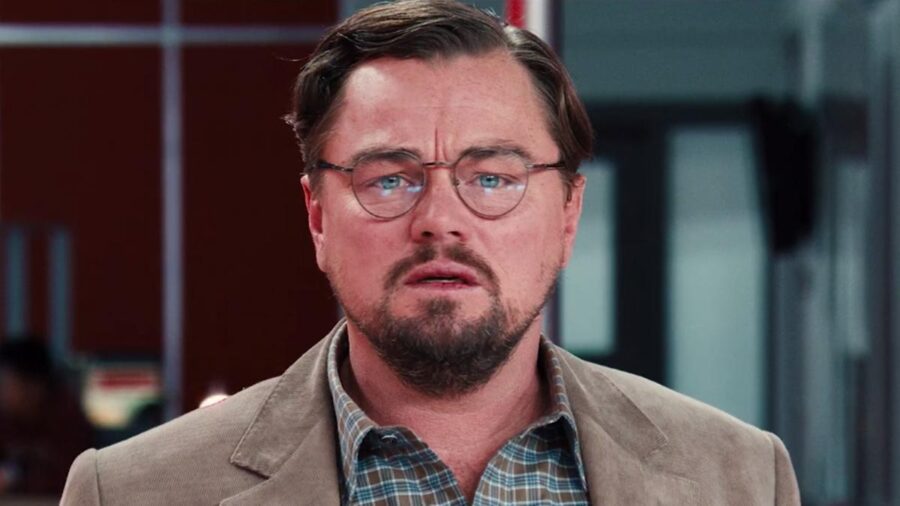
For Collier to win the lawsuit, his council needs to go through a discovery process with Netflix and McKay and gather supporting evidence that proves McKay wrote the script for Don’t Look Up after reading the novel. But when you consider the similarities between the film and Stanley’s Comet, it certainly seems to be the case.
The plot for Don’t Look Up mirrors Stanley’s Comet in some ways. Both narratives involve a low-level scientist discovering a nearby comet that will bring forth an extinction-level event if it strikes Earth. The Netflix satire also criticizes popular media and government collusion and uses biting satire as its primary mechanism to deliver its absurd humor to its audience.
Don’t Look Up Streaming On Netflix
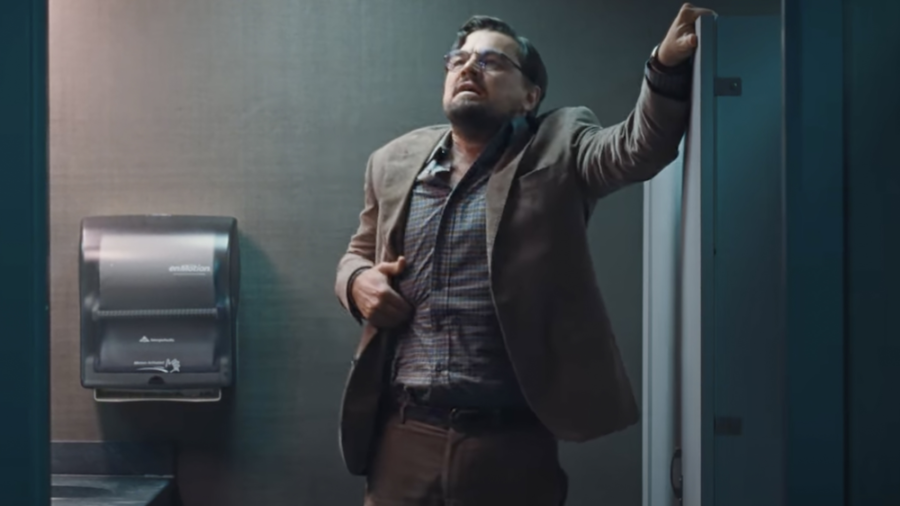
Don’t Look Up quickly became the second-most-watched movie on Netflix the month it was released on the streaming platform.
The Leonardo DiCaprio-starring film was nominated for four Academy Awards, four Golden Globe Awards, and countless other accolades upon its release, including Best Screenplay. The National Board of Review also named Don’t Look Up one of the top ten films of 2021.
If it’s proven without a doubt that Adam McKay used Stanley’s Comet as inspiration for Don’t Look Up’s screenplay, then Collier may see a hefty payday for inspiring the Netflix film. We’ll report back with more developments as the case progresses.











